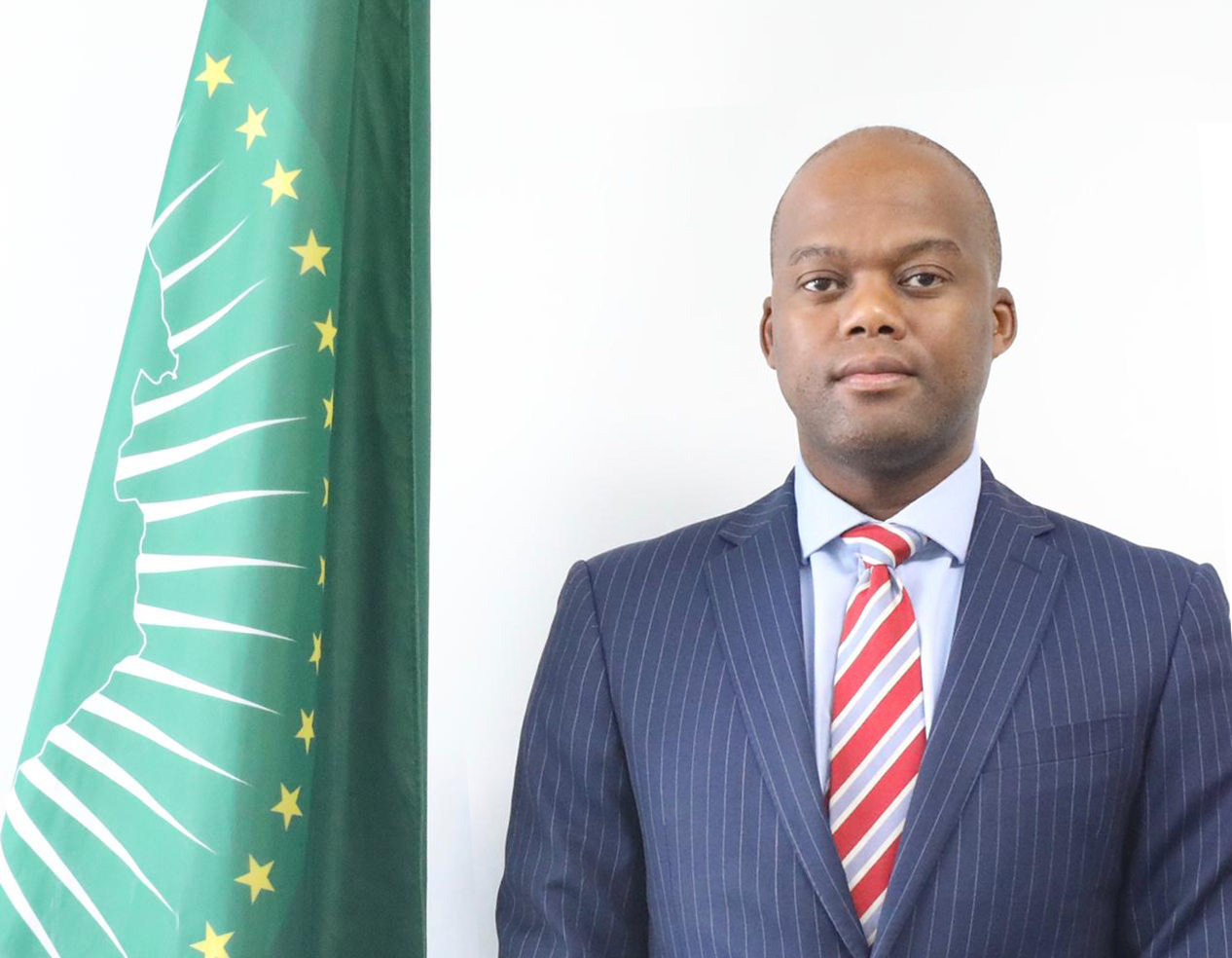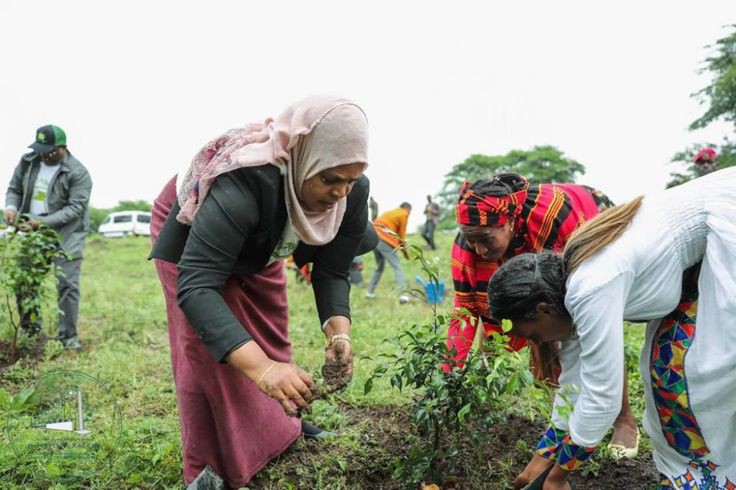A successful civic space enables civil society organisations, and a wide range of actors to fulfill their roles and act autonomously in the pursuit of democracy, inclusive participation, good governance, and human rights.
In most of Africa, civil society has been effective in bringing about social and political change. Through shared goals and ambitions, civil societies unite people for the development of the society.
To highlight the successes of Civil Societies in Africa, African Leadership Magazines’ Judith Ukoh spoke to human rights activist, Barrister Anthonia Oshiniwe
She began the interview by highlighting the success of civil society organizations in Africa, and why they are important.
Oshiniwe : “The Civil Society in Africa is a very key component of a successful and peaceful society. They bridge the gaps between the Government and the People, the High and the Low. They are the voices of the voiceless and the less privilege. They act as intermediaries between the Government and the masses so they are very important”.
ALM: To what extent do civil societies influence and enforce social and political changes across Africa? Would you say they have been widely successful in bringing about desired change?
Oshiniwe : “Civil society has played a very important role as a change agent in Africa and it is an on-going process. The civil society has been and are still defending collective interests and increasing accountability; they provide solidarity mechanisms and more importantly promote participation; they are involved in decision making and directly engaging in service delivery.
Well, I would say civil society have been successful in these activities; about bringing the desired change? It is still an on-going process but it is obvious that there has been a shift in the narrative”.
ALM: Can you share examples of cases where the civil society has been successful in influencing change?
Oshiniwe “Civil society monitors Government policies and actions. They hold Government accountable. An Example can be cited from the signing into law of the Freedom of Information Act. Since it was signed into law, the Civil Society has taken it up to engage Government and make them accountable for their actions. The Government are being tasked to give account for whatever action they claim to have taken.
“Civil Society engage in advocacy and offers alternative policies for the Government, private sectors and other institutions.
Civil Society has also helped in the facilitation of some policies to enable peace building in our society. Civil Society go as far as volunteering just to get things done and adequately”.
ALM: You founded Theios Caregivers Initiative for women and girls. Can you shed more light on what the initiative does and how successful it has been in achieving its mandate in your immediate community since it was founded?
Oshiniwe: Theios was founded to be voice to the voiceless in the society with special preference to women and girls. Basically, what the initiative does is Empowerment, sensitization, psycho-socio, legal services.
In our society of today, the women are seen as less privileged in the society. It is not about education; it is not about wealth. It is rather about women knowing their importance in the society. A lot of women are just wasting away simply because they are women. We try as much as possible to empower women, not to go against their husbands but rather to be a contributory factor to the growth and success of the family. Where a woman’s right is been trampled on, we at Theios help to fight for these rights. When we say fight, we are not saying we take all cases to court and start litigation, most times we handle cases via mediation instead of litigation and God has been helping us. It is when it is a criminal offence and mediation is not entertained that we have no choice than to proceed to litigation.
Theios has also been involved in several sensitizations for young school girls, market women in our effort to build and mentor these young ones before they attain the age of adulthood.
ALM: Despite the successes you have highlighted, I am sure there have been challenges in the civil space nonetheless. Can you state some of these challenges?
Oshiniwe: “The main challenge faced in the civil space in Africa is acceptance. When you want to deal with an existing belief, it is often a big challenge. For instance, the issue of Female Genital Mutilation, it is a serious challenge trying to get the people to divert from what they already believed in. we have hundreds of questions to answer every time we go on advocacy visits on FGM.
Another challenge is funding, most times there are no adequate funding to carry out some activities. For instance, one of the goals of the organization concerning sexually abused girls is to remove them from such environment and provide a more conducive environment for them, we try not to stop their education and social life. This is a huge task for the organization so we rely on partnership from bigger organisations or the government. However, we don’t get this support all the time”.
ALM: What should be done to maximize the civil space in Africa? How can we encourage more success stories for civil societies?
Oshiniwe :”The Government should support and give more encouragement to the Civil Society; they should erase the belief that the Civil Society are out to witch-hunt them. The Civil Society is more concerned about having a conducive and easy to live society.
The Civil Society should also engage more in continuous advocacy and sensitization.
Barrister Anthonia Oshiniwe is a seasoned lawyer and an ardent girl-child activist who has led several campaigns across rural communities in Nigeria. She served as the Kwara State Coordinator, Child Protection Network; and she is the founder of Theios Caregivers Initiative- an initiative that protects the rights of young girls and women”.


